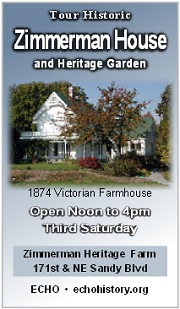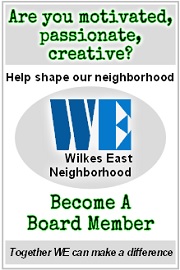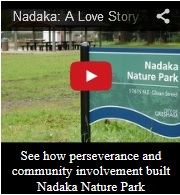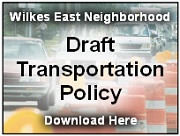Who's going to build a $30 million Rockwood catalyst project?
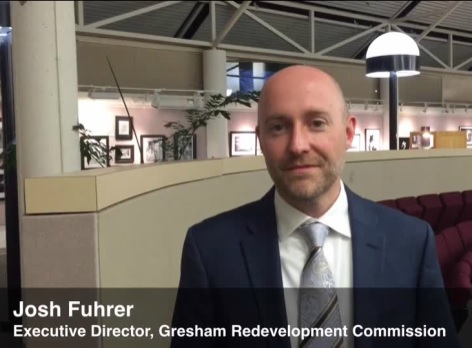 Josh Furher, Exec Dir Rockwood Development Commission |
City councilors make a pick By this time next year, construction crews could begin building a $30 million economic campus where city leaders hope Rockwood and Gresham residents will learn, shop and make money. |
Source: The Oregonian/OregonLive
November 17, 2015
On Tuesday, Gresham City Council members approved the selection of the project's developer who will help pay for the project and bring in an architectural firm to design a 5.5-acre campus for technology, media, and entrepreneurial opportunities. Rockwood residents should also find restaurants, banking services and grocery items in an area that's seen major chains close their doors.
City leaders have so far found funding sources of about $11.5 million to $12.5 million of that cost to build at the project location, called by officials as the catalyst site. With a population of about 16,500, Rockwood is known for its high rates of poverty and crime but also its diversity and youth.
 Click to enlarge |
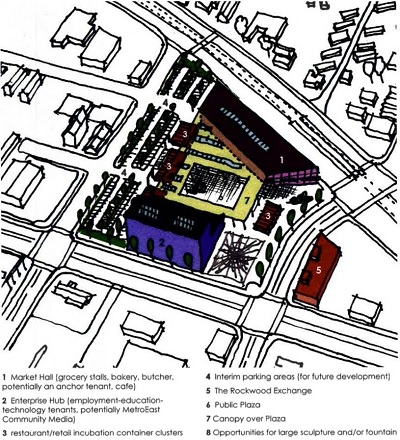 Click to enlarge |
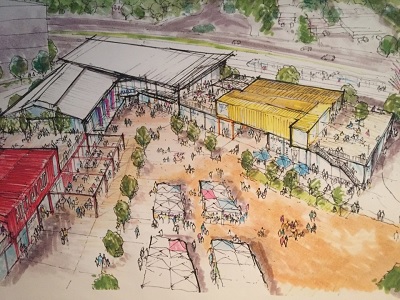 Click to enlarge |
"There are a lot of young smart people and a lot of great ideas that don't have an opportunity at this point," City Councilor Mario Palmero said. "I still think the American dreams lives in Gresham more than anywhere in the state of Oregon."
City Council members chose RKm Development, owned by Roy Kim, over two other candidates: Pate Retail and Hanlon Development. RKm built Bethany Village, a mixed-use development of residences, office and retail spaces just north of Beaverton. The developer will work with YBA Architects and Robert H. Foster Consultants on the project, according to their proposal.
Architects and designers would be influenced by Latin American, Northern European and Asian elements, such as "eclectic architecture, non-traditional plant materials, and a wide color palette," according to their proposal.
"To capture a multi-ethnic experience, the public spaces and circulation would take cues from Latin American urban plazas and Asian market streets while also acknowledging the nascent block structure of the immediate vicinity," the RKm proposal states.
More below the break
If completed, the campus would house a technology shop filled with computer-aided design stations, carpentry studios and 3-D printers. MetroEast Community Media plans to open a production studio and digital laboratory and WorkSource Oregon plans to open a field office, said Josh Fuhrer, executive director of the Gresham Redevelopment Commission.
The city plans to contribute $6.5 million and will receive at least $1 million from MetroEast Community Media and $4 million or $5 million in New Market Tax Credits. Leaders expect the developer to have the financial capacity to fund the remaining $17.5 million to $18.5 million. Fuhrer said Kim's company has the financial equity to secure a construction loan without seeking other investors.
"We're only interested in doing projects that are transformative. we look to transform a neighborhood for a community. Those are the only projects that we will take on," Kim said.
 Click to enlarge |
If completed, the campus would house a technology shop filled with computer-aided design stations, carpentry studios and 3-D printers. MetroEast plans to open a production studio and digital laboratory and WorkSource Oregon plans to open a field office.
Others have submitted nonbinding letters of interest for space at the campus, including Albina Community Bank, NedSpace, the Oregon Employment Department and the medical training program at Mt. Hood Community College. ADX wants to help open a yet to be named technology shop. In total, Gresham Redevelopment Commission Executive Director Josh Fuhrer can point to about 70,000 square feet of potentially committed space out of the 100,000 square feet that would be available. The rest is left for food-related options.
The Rockwood area has lost about six grocery stores in 20 years, Fuhrer has said. The project aims to fill the gap by attracting local entrepreneurs to fill the basic elements of a grocery store: meat, bakery, produce and home essentials.
The city says it wants no major chains.
Surrounding the food area could be 15 to 20 newly built shipping containers, the kind you see on freight trucks, converted into mini-storefronts for up-and-coming start-ups looking for cheap rent. For more developed businesses, brick and mortar space will be available for a community bank branch, coffee shops and restaurants.
The city should select a developer in November or December, Fuhrer has said. Construction should start by the fall of 2016 and be completed in 2017.




